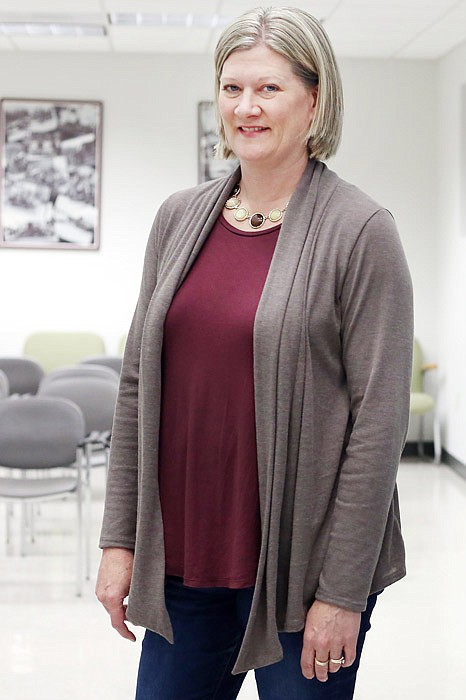For 28 years, Eileen Rackers' service in the areas of highway construction and traffic operation policies has been a rewarding aspect of her life.
In her current role as a state traffic highway safety engineer for the Missouri Department of Transportation (MoDOT), she helps to oversee highway signage, road striping and implementation of statewide traffic control policies.
But on March 31, Rackers will retire from MoDOT, taking an abundance of institutional knowledge with her.
When Rackers began her career with MoDOT in 1989, she worked in the construction department, where she was in the trenches on Missouri's highways.
"After working in construction, I realized that I had an interest in engineering, where you can see how the decisions you make impact the safety and experience of the travelers," she said.
Over the years she has witnessed various changes that have affected the way the agency has been able to serve Missourians. For example, at one point the Office of Highway Safety and the Traffic Engineer Office were separate entities working toward similar goals of improving traffic operations and safety.
"Now the offices are combined, and we are trying to put strategies in place that can help us to better manage driving behaviors," Rackers said. "One specific challenge that MoDOT is having is figuring out what to do about the increase of distracted drivers on the road."
While Rackers and her team continuously work to identify effective road safety strategies, she also credits median guard cables as "life-saving" mechanisms that have been installed on Missouri highways over the last several years.
Technological advances have also been a highlight for Rackers. She said use of the real-time data on the roadway system has allowed the agency to increase response time to delays on the road.
"When we can see the delays as they're happening, we can begin the process of moving the delay as opposed to waiting on a phone call," Rackers explained.
Autonomous vehicles, also known as self-driving cars, are a future technological advance Rackers said her successor will have to be ready for, which may involve having better-quality striping on the roads, as self-driving vehicles will rely on striping to guide them along the roadways.
For Rackers, her retirement at the end of the month will be a bittersweet experience.
"I have enjoyed my time being here working with great people who are innovative problem solvers always looking for ways to make things better for travelers," Rackers said. "Overall, I will miss serving the MoDOT customers, which includes friends and family members who benefit from who we serve."

